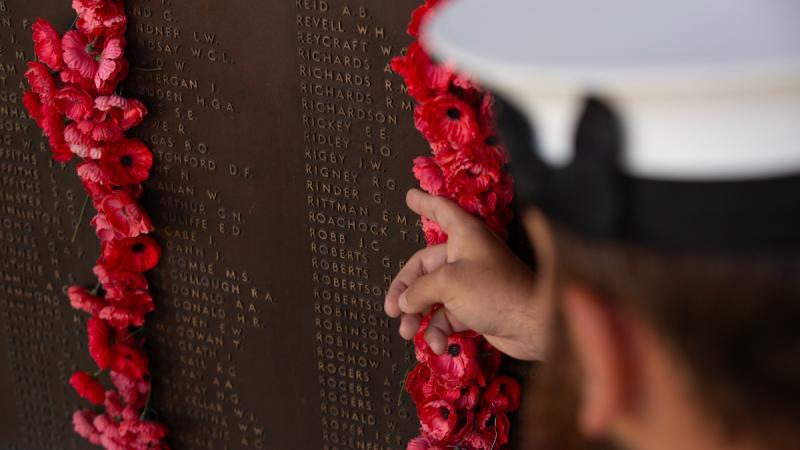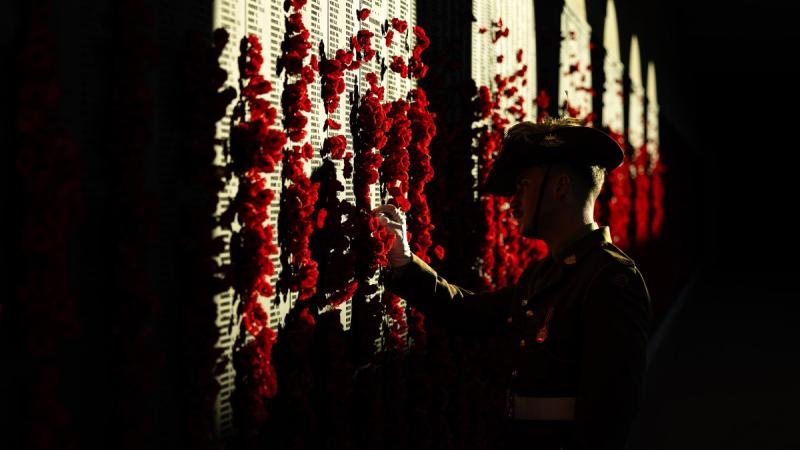Statement given by the International Committee of the Red Cross (ICRC), during the United Nations General Assembly, 76th Session, Sixth Committee Plenary Meeting on Measures to Eliminate International Terrorism, 8th October 2021.
Terrorism not only violates international humanitarian law (IHL). It negates the basic principle of humanity and can have devastating impacts on communities and individuals. The ICRC condemns acts of terrorism, whether committed within or outside armed conflict and irrespective of their perpetrators. It is legitimate and necessary for States to take responsive action to ensure their security and that of their population.
We have seen that counter-terrorism (or CT) measures, however, can negatively impact humanitarianactionwhen theyprohibit the direct and indirect provision of economic resources tolisted individuals and entities,orinclude IHL-authorized humanitarian activities as a form of prohibited support. This in turn can have unintended consequences, such as prohibitingimpartial humanitarian organizations such as the ICRC from repairing water infrastructure, tending to the wounded, or helpingvaccinate populations against COVID-19.
When various forms of contact with listed persons and groups are prohibited outright, the ICRC may be prevented from visiting detained persons, facilitating the release of detainees, providing training on IHL, or reuniting missing persons with their families -all humanitarian activities mandated by the Geneva Conventions and IHL. When humanitarian organizations are hindered in their mandate, the consequences are grave for individuals yearning to have news of their loved ones, people in need of protection,or for humanitarian workers.
The General Assembly acknowledged this in the June adoption of the 7th Global Counter Terrorism Strategy Resolution. It affirmed the importance of seeking concrete solutions to mitigate the potential negative impacts of CT measures on impartial humanitarian action. The Assembly expressed serious concern at the occurrence of violations of IHL while countering terrorism and urged States to ensure that CT measures do not impede humanitarian action,including medical activities,and engagement with all relevant actors as foreseen by IHL.
In recent years, Member States have taken measures to better protect the humanitarian space from the unwanted consequences of CT measures in national legislation, often exempting activities carried out by impartial humanitarian organizations. The EU has exempted from the Directive on Combatting Terrorism,impartial humanitarian organizations referenced in IHL treaties.The African Union’s “African Model Anti-Terrorism Law” references and protects humanitarian assistance done in an impartial manner without adverse distinction. States are currently reviewing their domestic, regional and international regimes covering Afghanistan to allow for the continuation of humanitarian efforts there.
Our calls to UN Member States are:
First, that counter-terrorism resolutions at the UN continue to underline that all CT measures shall comply with IHL. They could also reflect Additional Protocol I to the Geneva Conventions,which requires States bound by the Protocol to “allow and facilitate” rapid and unimpeded humanitarian relief, which is found in many context-related Security Council and General Assembly resolutions, but not often in CT-related Security Council or General Assembly language.
Second, we recommend the inclusion of standing and well-crafted carve-outs in CT resolutions and national legislation. These carve-outs wouldspecify that the restrictions do not apply to exclusively humanitarian activities carried out by impartial humanitarian actors. The United Nations and its Member States more broadly, should incorporate carefully crafted standing humanitarian exemptions into counterterrorism and sanctions language. Future resolutions should further require statesto adopt concrete and practical measures to ensure impartial humanitarian organizationsare allowed to protect and assist populations in need.
Third, stakeholder dialogues should be encouraged to ensure that those drafting and implementing CT measures are aware of their unintended consequences. We have seen the number of such national dialogues, and interest in their use by other States, increase in recent years.
Decisive, bold action in these three areas would demonstrate much-needed political will to protect and serve the people who need humanitarian action and those who provide it. We know this can be done. The ICRC stands ready to work towards overcoming the challenges of terrorism measures and armed conflict, and to continue delivering humanitarian action.
Thank you very much.






